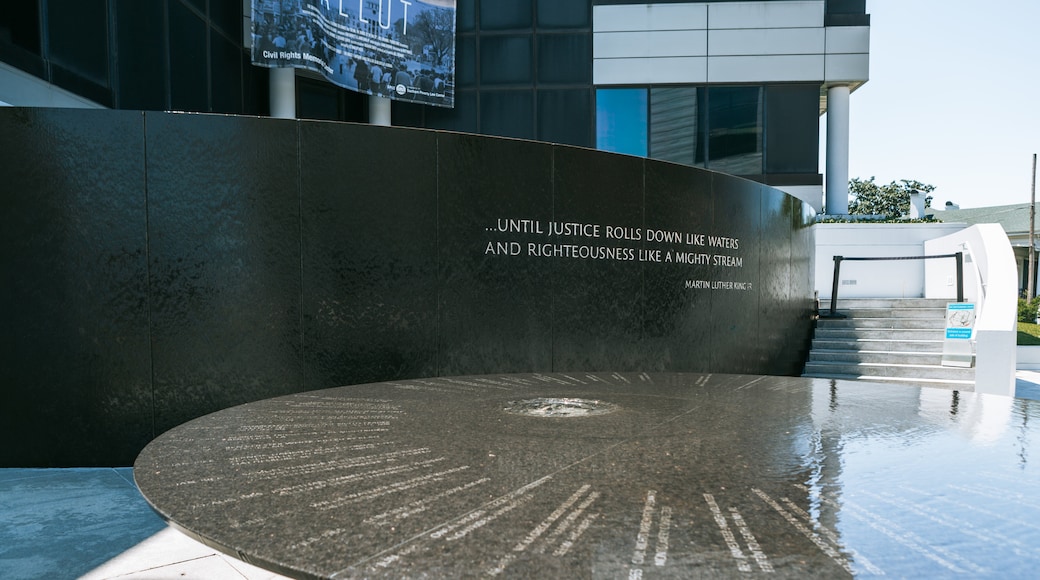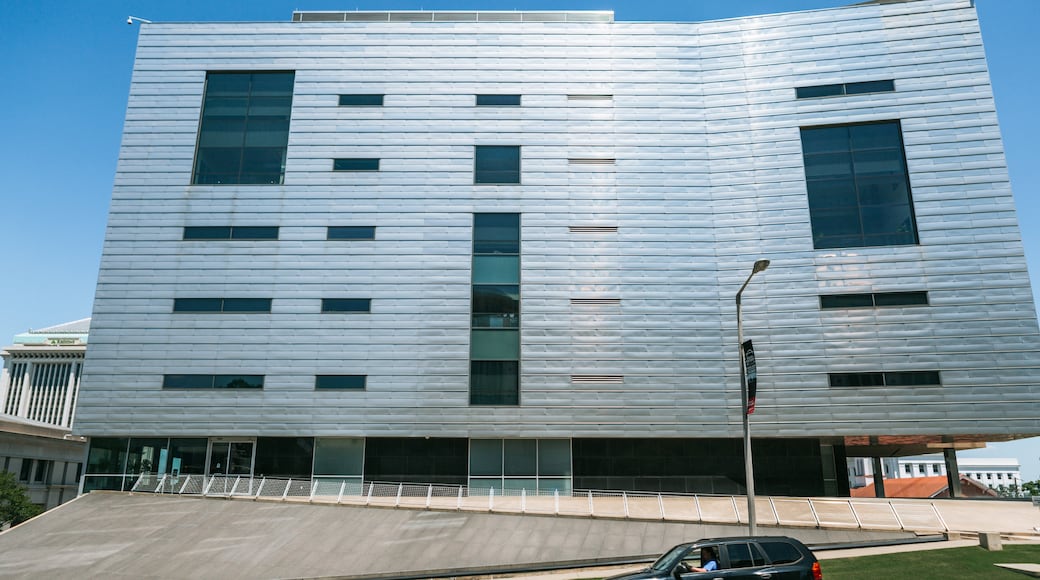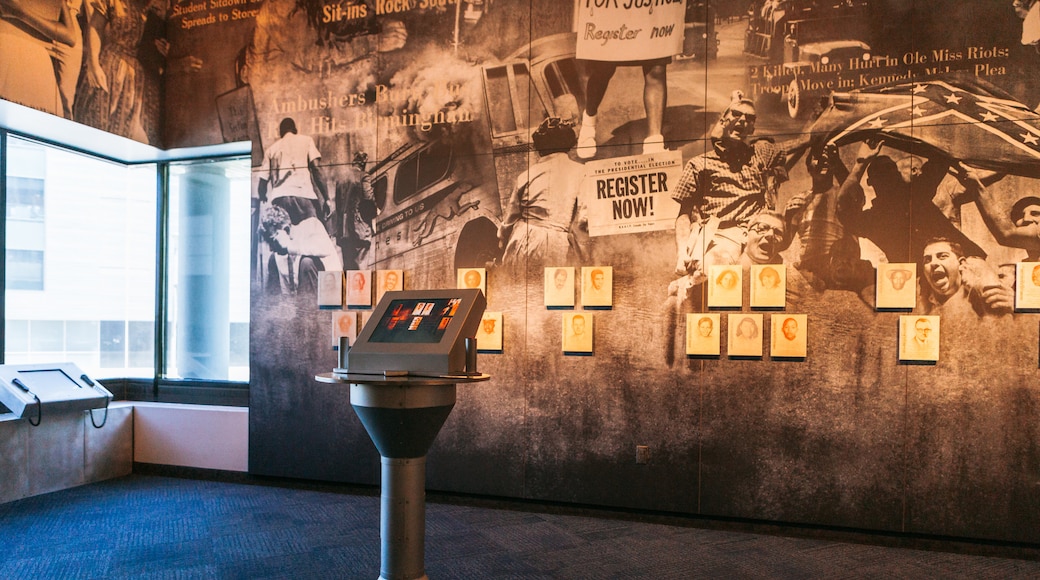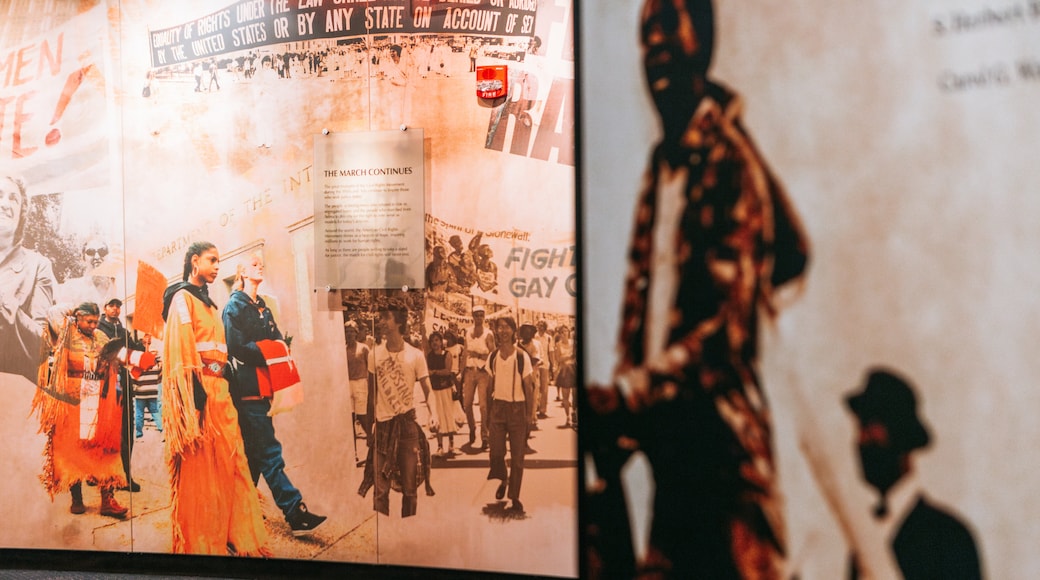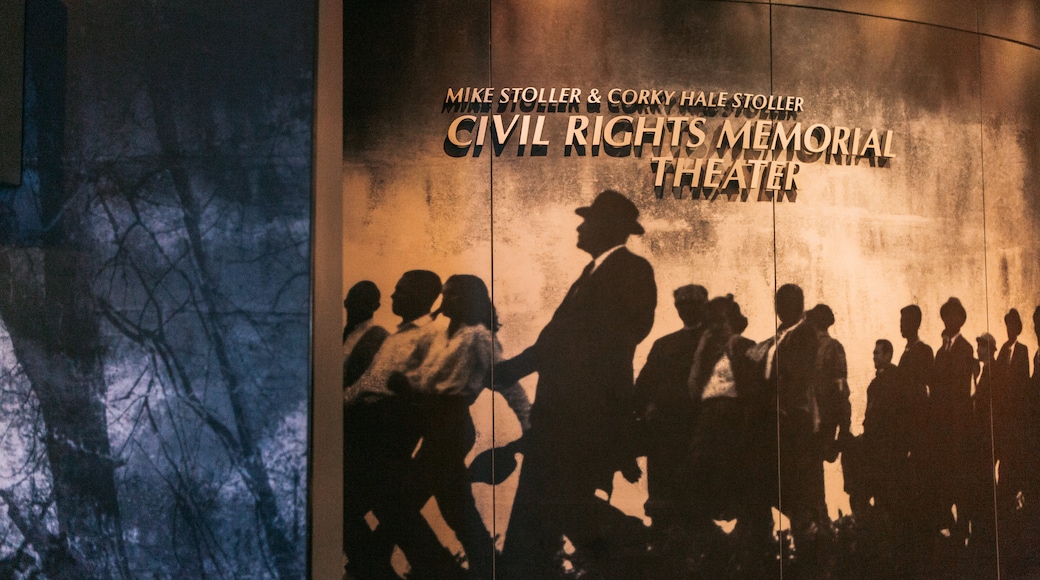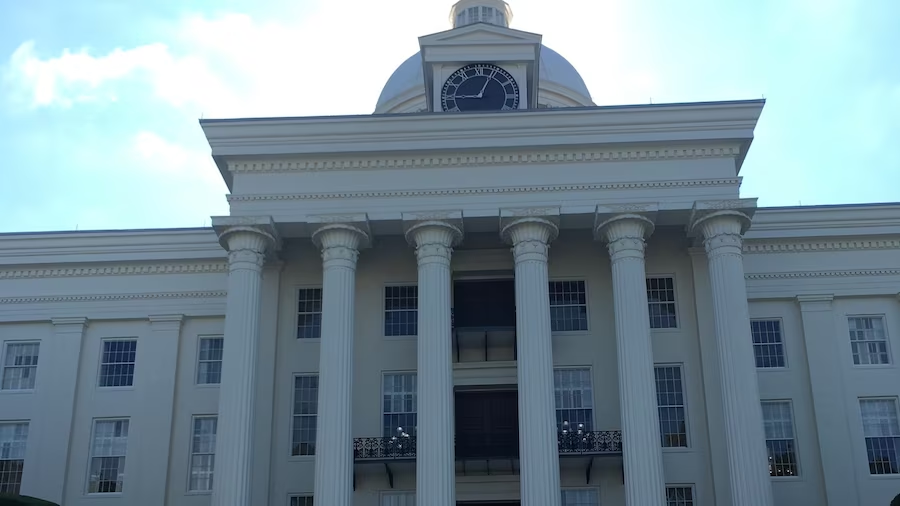One of the most important cities in the fight for equality in the U.S. commemorates the struggle for justice through an emotive monument and museum.
Remember America's turbulent past at the Civil Rights Memorial in Montgomery, a moving tribute to those who campaigned for equal rights in the U.S. Ponder the events of the past at the memorial and browse the adjoining center, which documents the stories of the civil rights campaign.
In 1965, Dr. Martin Luther King, Jr. led a march from Selma to Montgomery to campaign for voting rights for black citizens in the U.S. Here he delivered one of his most famous speeches on the Alabama State Capitol steps. King also served as a pastor in a Montgomery church during the famous bus boycott started by Alabama resident Rosa Parks. Because of its connection to King, the city is an especially fitting location to commemorate the efforts of those who fought for equality in the U.S. Get an appreciation for the toils and sacrifices made by past generations to secure equality.
Reflect on the struggles of civil rights campaigners at the memorial statue. Note how a small cascade of water flows over a black granite slab with the history of the movement engraved around its edge. The water represents a King quote paraphrased from the Bible, “…until justice rolls down like waters and righteousness like a mighty stream,” written in large letters on the wall behind.
Next to the monument is the Civil Rights Memorial Center. Learn about the martyrs of the civil rights movement at the center’s exhibits. Join the fight against injustice by adding your name to the Wall of Tolerance. Names of those who have pledged to stand against hate flash up on the digital screen, representing the size and strength of the movement today.
Other nearby buildings also have ties to civil rights history. Walk just two blocks away to find the Alabama State Capitol, where King delivered the speech commemorated in the memorial. Also nearby are the Dexter Avenue King Memorial Baptist Church and the Rosa Parks Library and Museum.
The Civil Rights Memorial Center is open from Monday to Saturday. Children get in for free. Find metered parking on nearby streets.
